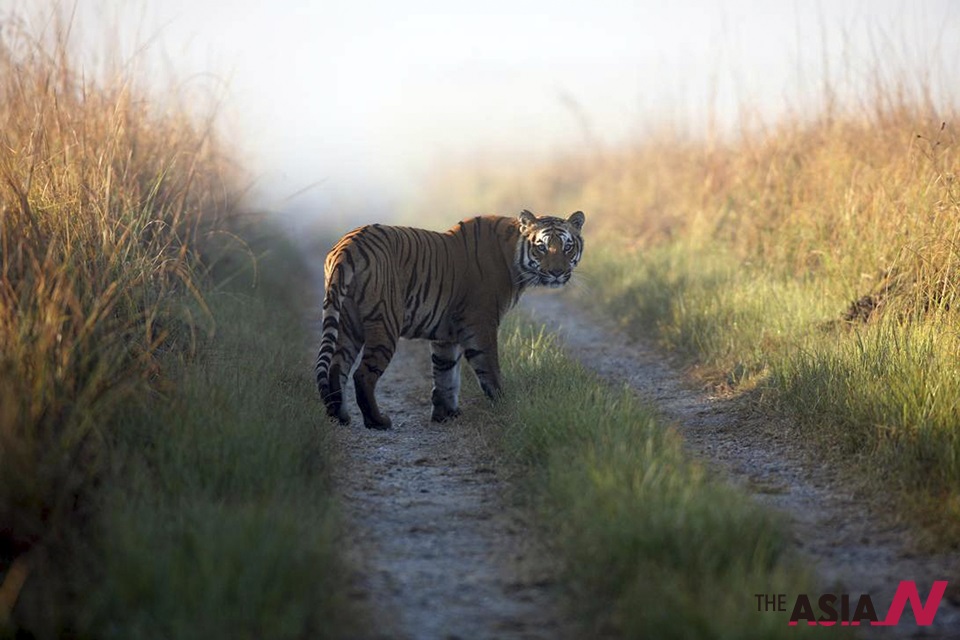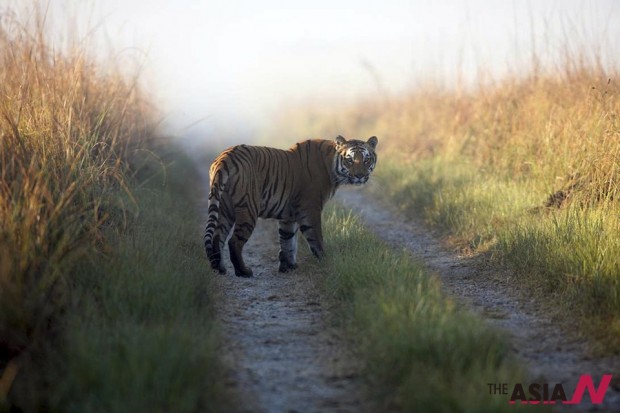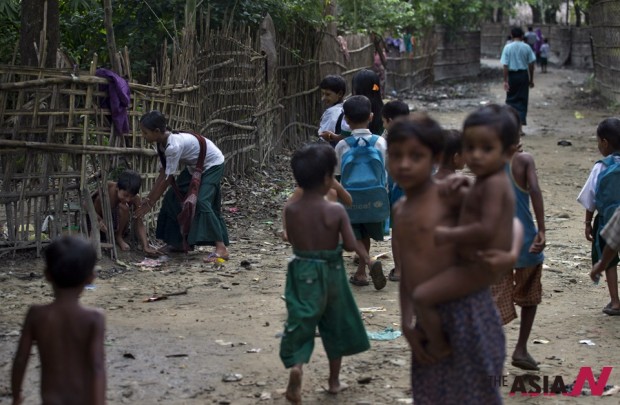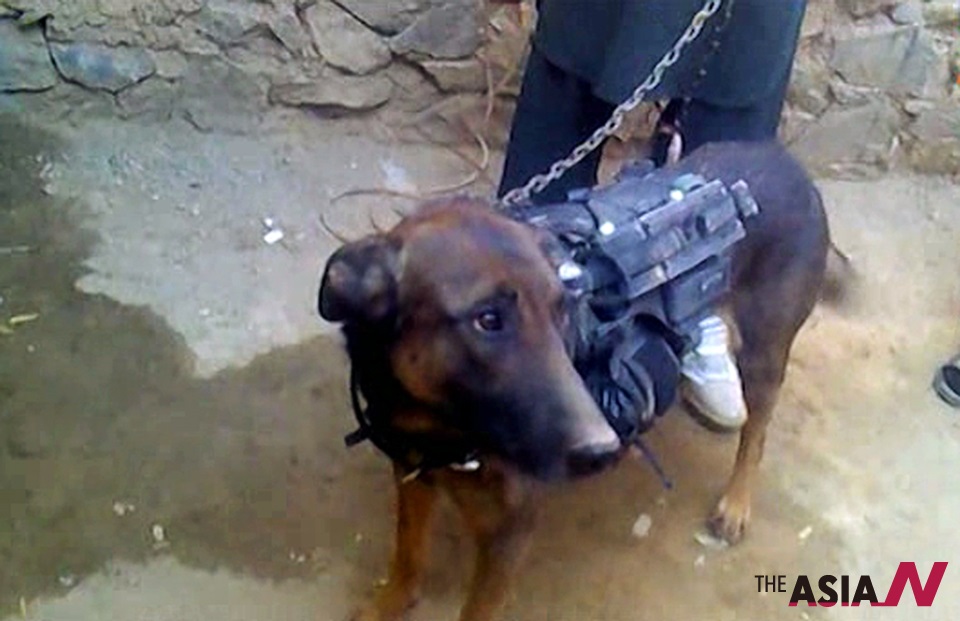
[Asia Round-up] Keeping people and tigers safe
Editor’s note: Followings are summaries of editorials from major Asian media on current issues.

Keeping people and tigers safe
As conservation of wild species becomes more successful, higher levels of human-wildlife conflict are being reported. The “man-eating tiger” incident in the Nilgiris district, which ended in the gunning down of the cat, brings to the dilemma of ensuring a safe distance between wild animals and people. Future conservation strategies would have to rely on well-administered wildlife sanctuaries, and on a voluntary resettlement programme for forest communities. The Hindu, India

War on human trafficking
Despite efforts to eradicate human trafficking, these despicable crimes persist. The UN Development Fund for Women estimated that the number of women and children trafficked in and out of Southeast Asia could be about 225,000. The reasons include sexual exploitation, forced labour, forced marriages, and hostage taking. Human trafficking nets US$36 billion a year, making it the second most lucrative organised crime activity in the world. The Brunei Times, Brunei

Tunisia’s shining example
Amid the suspicion among the international community, Tunisia has proved that Islam is compatible with the world’s highest standards of democracy. The country recently ratified a new constitution, one of most progressive constitutions in the Arab world. The new constitution sets out to make the country a civil state whose laws are not based on Islamic law and protect citizens’ rights and equality between men and women before the law. The Jakarta Post, Indonesia

A smart idea about smartphones
Young Saudis have launched the “Don’t be a slave to your smartphone” campaign. They have not a chance of succeeding, but someone needs to flag up the physical and social dangers of these ubiquitous devices. The figure of 14,600 mobile phones being responsible for car wrecks needs analysis. It is common to see young men sitting together, but looking down at their cell phones. The smartphone slavery warnings are worth serious consideration. Arab News, Saudi Arabia






